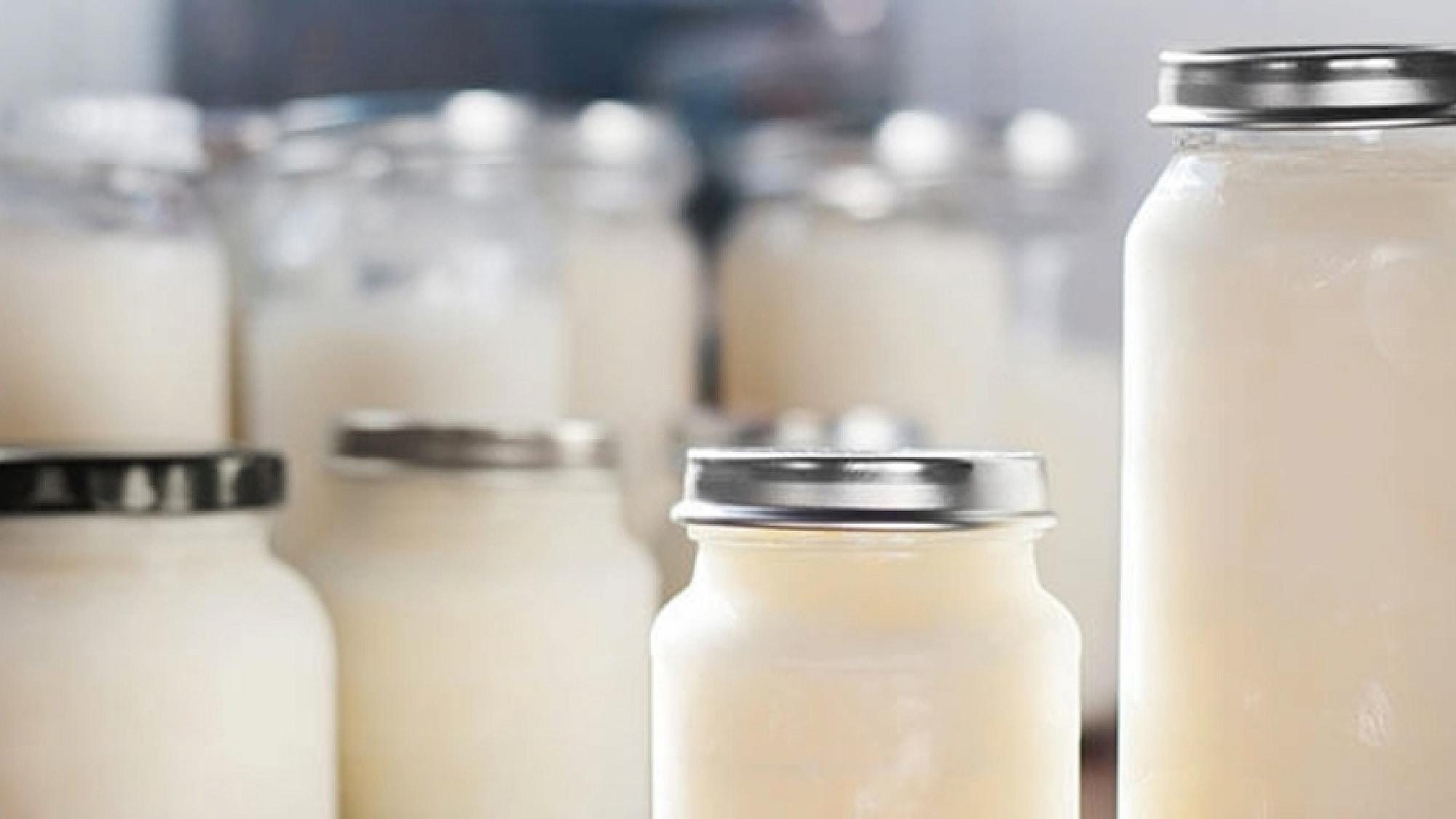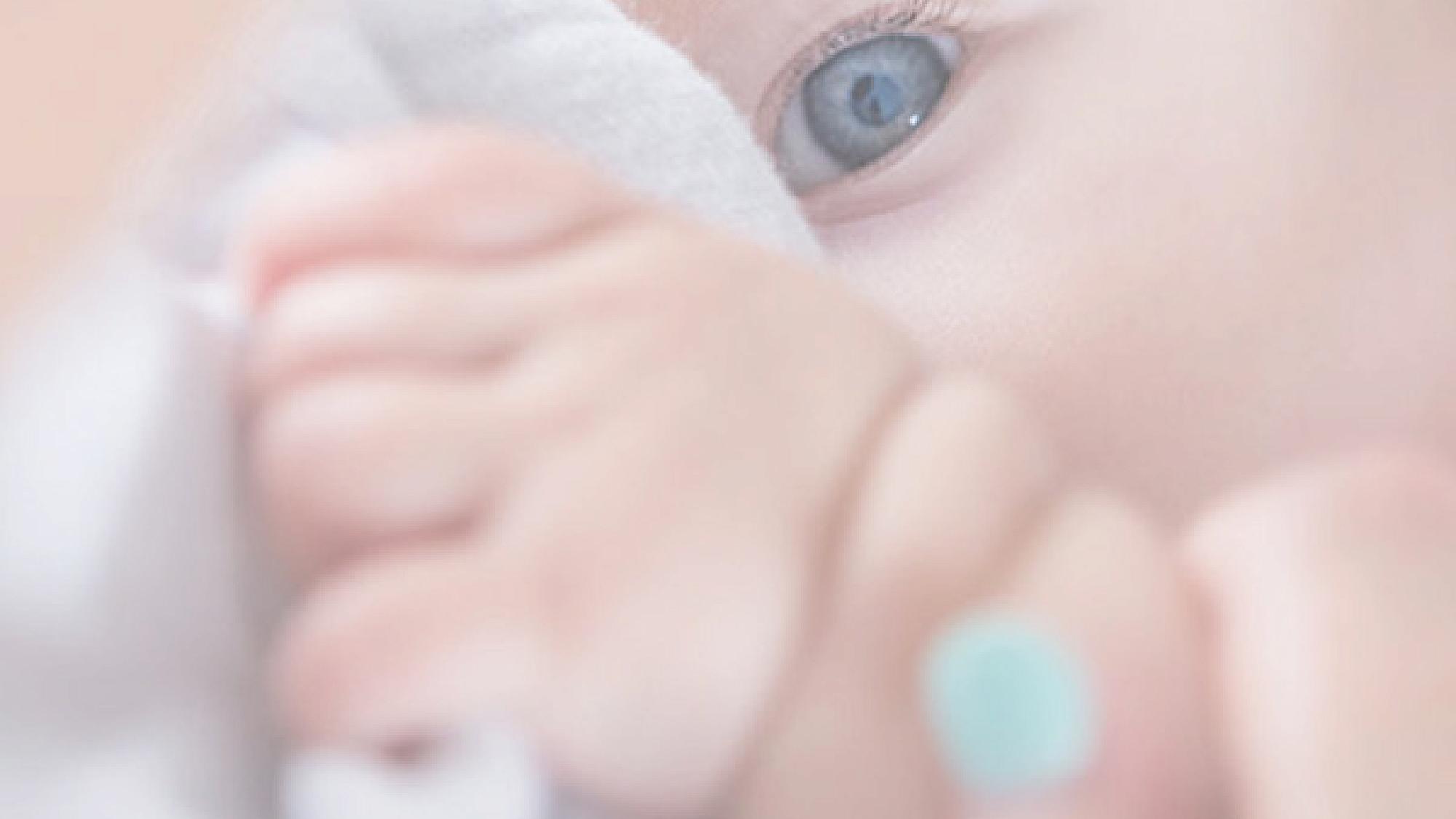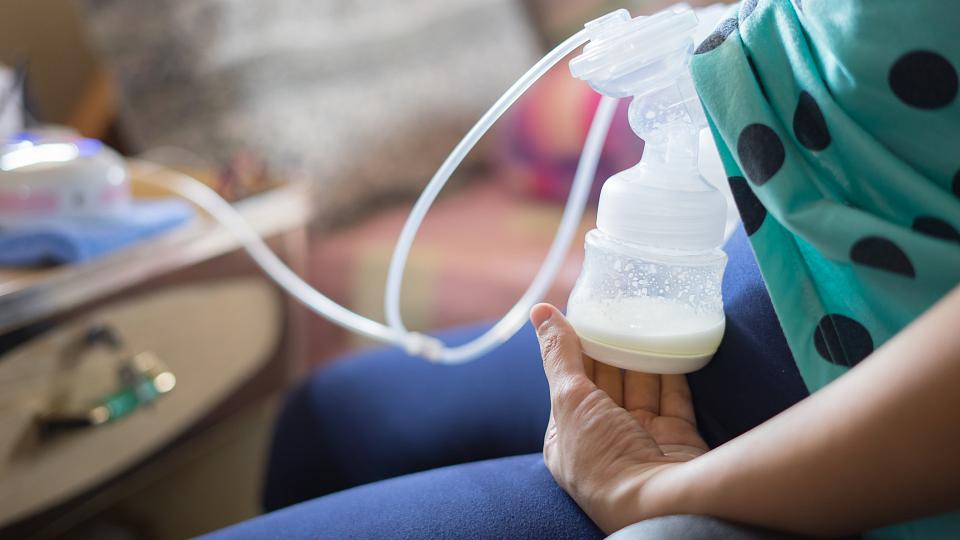Mother’s Milk Donation Site
Contact Us
Phone: 801-415-9393
Toll-Free: 1-877-367-9091
Email: info@giveyourmilk.org
University of Utah Health's Mother's Milk Donation Sites screen and collect human breast milk for babies in need for the non-profit Mountain West Mothers' Milk Bank. Nursing mothers in Utah who’d like to donate their breast milk can visit our donation sites.
Volunteer milk donors will complete a screening process similar to what people go through to donate blood. If you are accepted as a breast milk donor, you will collect and freeze your milk at home and bring your milk donations to one of our donation sites.
At the milk bank, donated milk is pooled and pasteurized before being distributed by prescription to preemies and sick infants throughout the region.
Why Is Donor Milk Healthy For Babies?
Breast milk is the natural food for human babies. Preemies or sick babies may grow and develop better by drinking breast milk compared to artificial milk or formula.
Some reasons a baby might need donor milk include:
- prematurity;
- problems or difficulties with feeding;
- immune problems;
- hypoglycemia or jaundice, gut priming, or trophic feeds;
- allergy prevention; or
- metabolic disorders.
Many moms who have premature and/or sick babies have other health reasons that make it difficult or impossible to produce enough milk to feed their own baby. Donated milk is a gift of nourishment and health for babies in need.
You can read more about why breast milk is healthier for babies on the Mountain West Mothers' Milk Bank website.
How Do I Donate Breast Milk?
If you are a nursing mother and would like to become a breast milk donor, we will screen you for good general health and make sure you don’t have certain infectious diseases.
In general, nursing mothers must meet the requirements below in order to be accepted as a breast milk donor:
- be in good health;
- be a non-smoker;
- have negative blood test for viruses;
- not use regular medications when donating breast milk, except for:
vitamins and minerals, food supplements, progestin-only birth control, or replacement hormones like thyroid and insulin; - drink limited - or no - caffeine and alcohol;
- be willing to donate at least 150 ounces during the total time she is a donor; and
- have a medical release form that’s signed by both the mother’s and baby’s doctors.
What Happens to Donor Milk?
University of Utah Health works in collaboration with the Mountain West Mothers' Milk Bank to process our donor milk. We will keep donated milk in the freezer at the site and ship it in batches. Milk is pooled and pasteurized before being packaged and distributed throughout the region to babies in need.
Who Receives Donor Milk?
Mountain West Mothers' Milk Bank distributes donated milk to babies in NICUs throughout Utah and Idaho.
*The Mountain West Mothers' Milk Bank is a member of the Human Milk Banking Association of North America, a non-profit organization of human milk banks dedicated to establishing and setting the standards for human milk donation.
Resources
How to Become a Milk Donor
Today, breast milk donors can contribute to a milk bank available to mothers who cannot breastfeed because of illness, medications or other reasons. Learn how donated mothers' milk is processed and how to register to be screened as a milk donor.
Baby Friendly Hospital Initiative
The Baby Friendly Hospital Initiative (BFHI) helps hospitals give breastfeeding mothers the information, confidence, and skills they need to successfully start and continue breastfeeding their babies.






